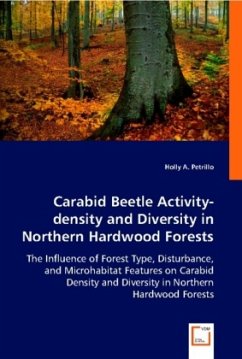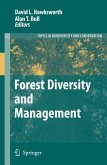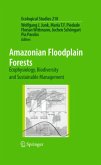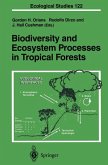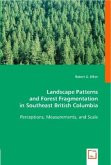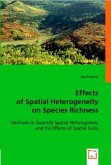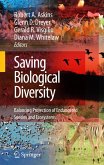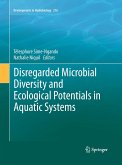Anthropogenic alteration of natural habitats including fragmentation, degradation, urban land development, introduction of exotic species, pollution and acidification, logging and altered fire regimes is considered one of the leading factors influencing the world-wide decline of biodiversity. The loss of biodiversity can lead to decreased habitat and nutrients for organisms, fewer sources of pest control, decreased genetic diversity, and increased susceptibility to invasions by exotic organisms. Ecosystem functions such as primary productivity, above and below ground biomass, and nutrient cycling and retention may also decrease due to biodiversity loss. Arthropods have become important and useful organisms to help characterize the effects of the aforementioned anthropogenic disturbances on biodiversity. This book investigates the relationship between invertebrate biodiversity, management and disturbance regimes in forests, and the influence of sampling techniques on biodiversity assessment.

